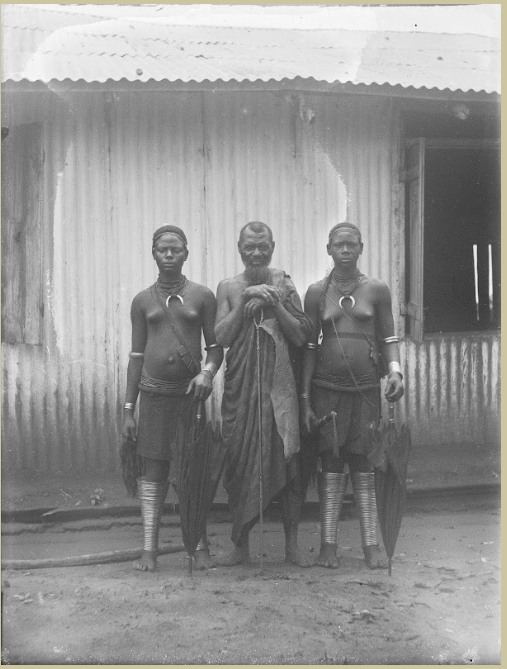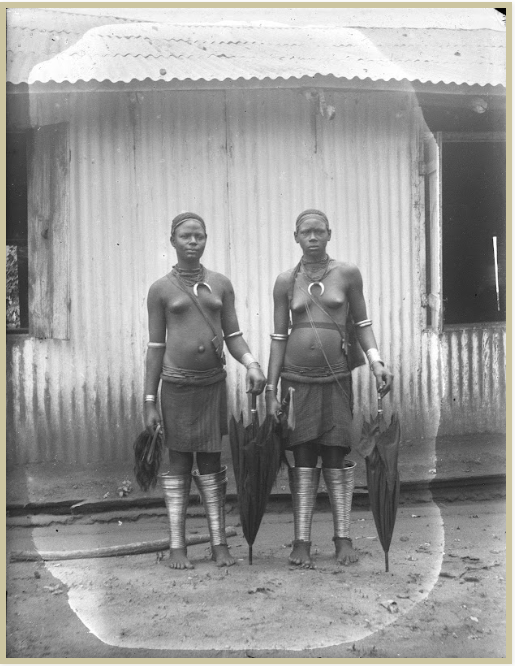
Growing up to the stage of being able to form individual opinions on issues through observations and experiences, I perceive that the position discursion about women often takes, mostly shifts from the focus of gender equity to the point where one might think that women are afterward creatures in society. Probably, created after other species including plants, animals, and even non-living like seas and mountains.
In most instances, these topics are usually surrounding issues of power/authority, representation, and appearance. Some come in the disguise of protecting women. For instance, during war or shipwreck, women’s and children’s safety is prioritized above men’s. This is usually the position most modern patriarchy stands in when arguing that, in fact, society favours women above the opposite gender.
However, in extreme negative cases, women are faced with unbearable situations to the extent of losing their lives just for being women. The most recent global popular news is the story of the death of 22-year-old Mahsa Amini, who had been arrested by the Guidance Patrol on 14 September 2022 because of an “improper hijab.” The police were accused of beating her and inflicting a fatal head injury; Amini was later pronounced dead on 16 September.
Register for Tekedia Mini-MBA edition 19 (Feb 9 – May 2, 2026): big discounts for early bird.
Tekedia AI in Business Masterclass opens registrations.
Join Tekedia Capital Syndicate and co-invest in great global startups.
Register for Tekedia AI Lab: From Technical Design to Deployment (next edition begins Jan 24 2026).
In times like this, countries in the ‘Global South & East’ turn to the ‘Global West’ for solutions. Which in most cases do not have or simply won’t help — as Simon Tisdall, a foreign affairs commentator and foreign leader writer for The Guardian have reported in this article.
Come to think of it, the Global West has not always gotten it right from Adam. In terms of education and scientific contribution Marie Curie, a Polish-born French physicist, famous for her work on radioactivity, the discovery of Radium, and twice a winner of the Nobel Prize — was denied access to formal education in her early years because she is a woman. In the United States of America, the right to vote for women was a steady movement that lasted for many decades in the search for equal democratic rights even as of 1848. Until 1918 when women got the right to vote. In addition, to some prevailing gender equity and women representation issues like the gender pay gap facing them.
I strongly feel that to come up with helpful solutions regarding gender equity and women’s representation, the world should look at all cultural dimensions, including centuries-old practices. Just like in the case of global diversified food systems (DFS) mentioned in the UN’s sustainable development goal target No2 (Zero Hunger).

The divide in authority and gender gap representation is as old as religion. And, strongly rooted and driven by religion. With this in mind, I reflect on how women were labelled as witches and burned publicly in the 16th century. Also, even to date, women in most religions are not allowed to take religious leadership, simply because they are women.
In this culture, the Igbo tribe has a mythical and religious ancient belief in ‘Igwe (Sky)’ and ‘Ala or Ani (Land)’. The Igwe is considered the male figure from where rain, sunlight, etc., falls on Ala the female figure, and thus reproduction of everything that walks on Ala and under Igwe come into existence. Oftentimes, in studying other religions these myths might make no tangible meanings. But I believe they should be taken into that society’s formation account, as they go a long way to project their values and opinion around the gender of their supreme being and community people.
The distinct separation of power between men and women is repeatedly seen in Things Fall Apart, a fictional book by Chinua Achebe. On p36, Achebe depicts women as a representation of the earth goddess. Ani is described as a superior part of the life of the people than any other goddess. She was basically observed as the master judge of conduct and morality. Moreover, she was seen to be in great connections with the already departed ancestors of the clan whose bodies had already been buried and dedicated to the earth. And writing on having a significant role in religion, Achebe wrote that women perform the role of priestess. It is stated that during Okonkwo’s boyhood, the priestess in those days was a woman called Chika. Chika was a god full of power and was greatly feared among the members of the Igbo tribe. In the novel, there is no point where Okonkwo is seen as a pleader with any woman, whatever the reason. The fact that Okonkwo is threatened by a goddess to give her his daughter is enough to say that women have a priestess power that has allowed them to rule over men and make final decisions.
In reference to social gender authority and power, both genders weigh total equality. The two photographs taken at different times by two different photographers, G. T. Basden and Herbert Wimberley demonstrate this by showing a man and a woman respectively posing in the middle of two women with a staff in their hands for people who hold the Nzè title (one of the three most revered chieftaincies in Igbo tribe, gained firstly by recognition as a powerful and upright person by the people and elevation or investiture by the Eze ‘the King’).
Economically, Igbo women have an established system of trade and commerce influence in society alongside their male counterparts. As a reference, Igbo women still hold August meetings in their communities.
“August meeting is an annual congress held by the Igbo women in August. It is a massive homecoming whereby Igbo women in the diaspora and the cities travel back to their matrimonial villages to meet with their local counterparts to discuss matters about community development, conflict management, human development, and other socio-economic and cultural initiatives. The meeting is a three-day ritual, and it is divided into three parts, the first is held at the village level, the second within the community, and the third is held in churches where thanksgivings are held to mark the end of the meeting” — Wikipedia
Dating back, there is a popular colonial war between the former British Empire and Igbo women’s system of trade cooperatives. The 1929 Igbo Women’s War, referred to as Ogu Umunwanyi in Igbo or the Aba Women’s Riot by the British colonial authority in Nigeria. This was one of the most significant protest movements in the former British Empire. The protest was organized and led by rural women, and once the war started, it spread like wildfire in south-eastern Nigeria among the Igbo and Ibibio of Owerri and Calabar provinces, covering a total area of over 15,550 square kilometers (about 6,000 square miles) and involving a population of two million people.

Then I look at women’s appearance which is mostly the topic up for debate. From all three pictures, one could deduce how repression and discrimination based on gender have prevailed in Igbo since colonisation. As seen that women could be in others’ presence without feeling obliged to ‘cover up’ their breasts.
“Women’s breasts were not seen as body parts that needed to be hidden, or as necessarily existing for the sexual service of men.” — Sarah Scheyerle
These photographs equally depict the equal individualistic, economical, and political sovereignty of Igbo women. I agree that by examining further the lives of these forebears and more women representations from other cultural spheres, especially from the Global South — women in these areas today — and around the world — may reprocess a less discriminatory code of conduct regarding clothing and their bodies.
And when commentators say ‘women in Iran are protesting to stop wearing hijab, while women in France are protesting to be allowed to wear hijab’ — for me, I add ‘It is because women are simply tired of being told what to wear and do with their bodies.’.
While these are not substantial evidence to claim that this West African — Nigerian — Igbo tribe, is an ideal for women’s representation, gender equity, and leadership. I still do not fully support the claim that Igbos are democratic in issues surrounding gender equity. Rather, I strongly feel they practice ‘devolving democracy’.
If studied further this system could bring a nearer solution to gender gaps, discrimination, and gender biases that exists in modern societies today.
Acknowledgment — I want to seize this opportunity to give special thanks to my friend, Chukwuebuka Innocent Okoye (an upcoming Anthropologist and Social analyst by academic qualification and experience) and also the founder of @Idemilitv (Instagram and YouTube handle name). For always engaging me on mind simulating discursions around Igbo culture and African socio-cultural position at large. From his contributions, I formed a majority of the opinions that helped my cultural writing perspectives.

Featured image credit: Igbo women, photograph published in 1921. Photo possibly by G. T. Basden. Shmoop Public domain.




Long and worth the read
Thank you for engaging!
Thank you for your kind remark!
Wow…. What a ride. Guess it’s time for Every Culture /societies of the world to look inward to solve some of their Societal issues.
That is exactly my worldview, too… Thank you for engaging with my work!
Wonderfully thought-provoking article Ekene. Thank you.
Thank you for reading and for your kind feedback!
This article still remains timeless through the years, as it should be! Great piece
Thank you ?